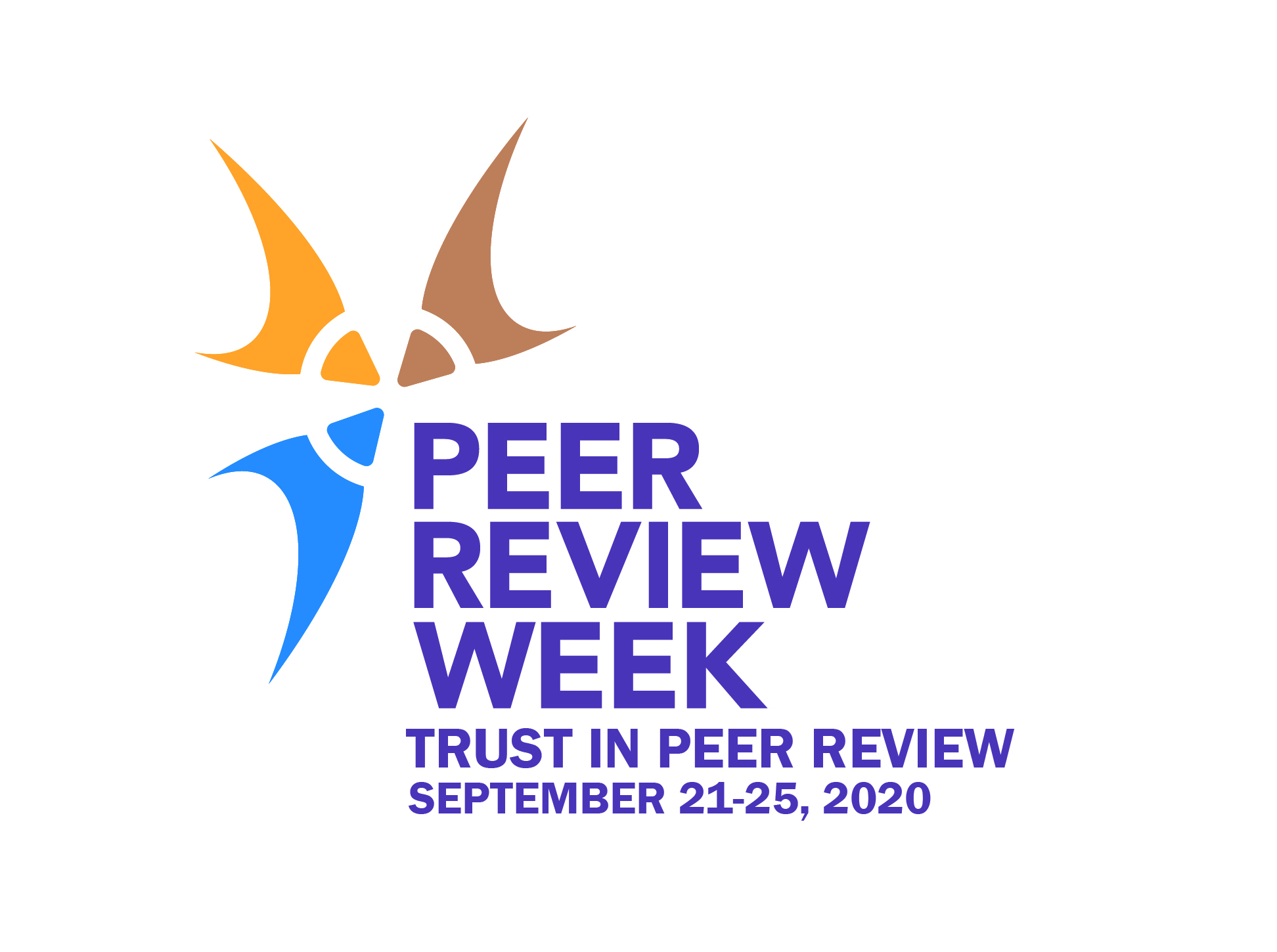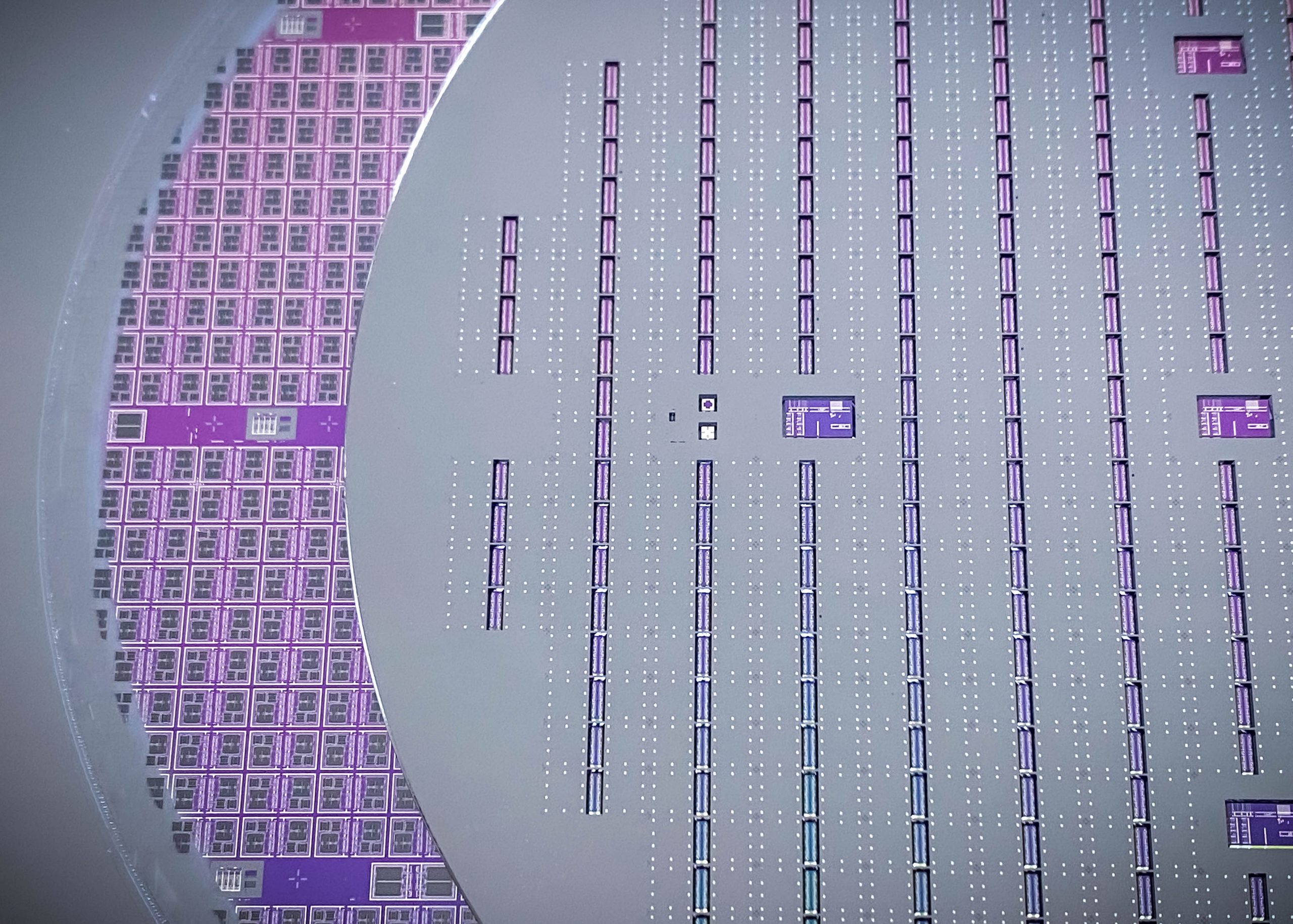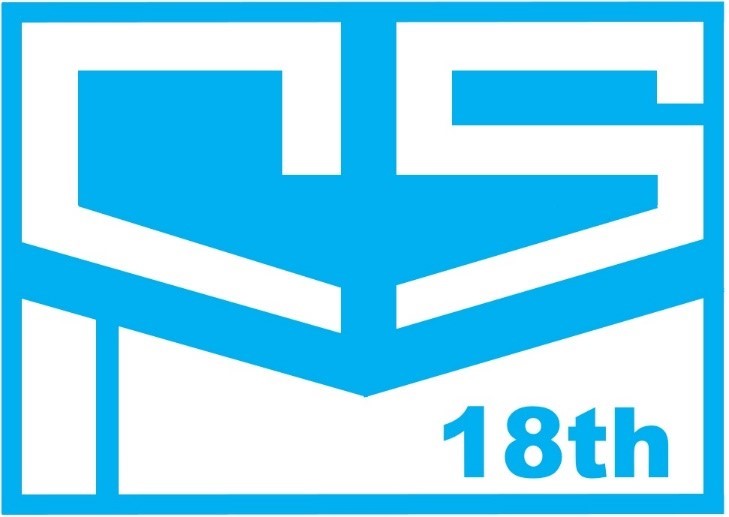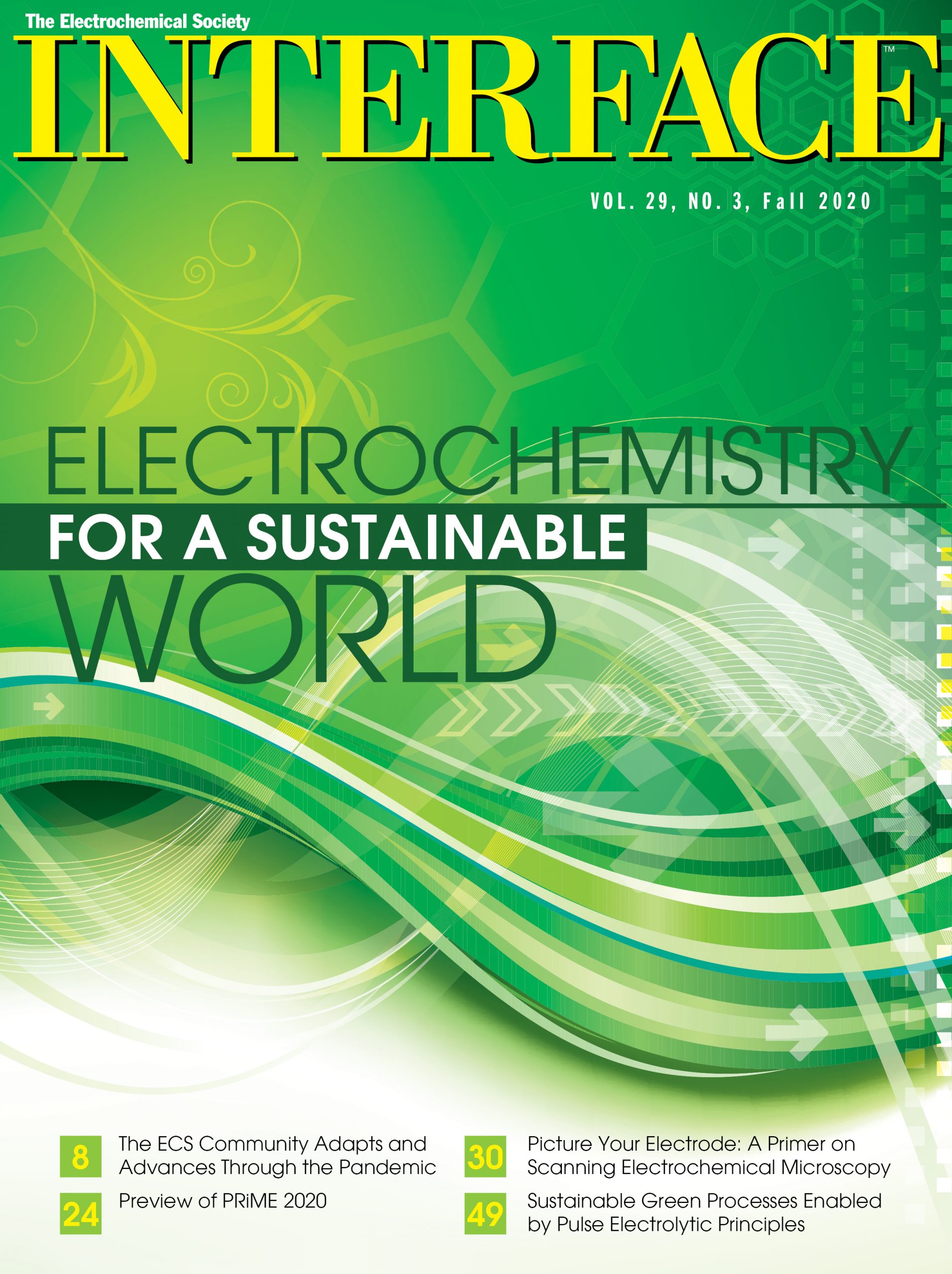Fall is here and with the changing of the leaves comes the arrival of Interface. As we are still affected by the impact of the global COVID-19 pandemic, we decided to publish the fall 2020 issue of Interface in a digital format only. As a member of the Society, I’m thrilled to give you a first glimpse into our most recent issue. Published today, it focuses on a very timely topic, Electrochemistry for a Sustainable World, guest edited by Paul Kenis.
Read Now (more…)
Peer Review Week 2020 is underway. This yearly global event celebrates the essential role that peer review plays in maintaining scientific quality. This year’s theme, Trust in Peer Review, centers on how the peer review process works and why it helps build trust in scholarly research.
Join the global conversation about peer review by tweeting @PeerRevWeek and following #PeerRevWeek20 and #TrustinPeerReview.
Focus Issue on Semiconductor Wafer Bonding: Science, Technology, and Applications
Posted on September 17, 2020 by Beth CraanenCall for Papers
ECS Journal of Solid State Science and Technology
Focus Issue on Semiconductor Wafer Bonding: Science, Technology, and Applications
 The ECS Journal of Solid State Science and Technology is publishing a focus issue in connection with the Semiconductor Wafer Bonding: Science, Technology, and Applications 16 Symposium that took place during PRiME 2020.
The ECS Journal of Solid State Science and Technology is publishing a focus issue in connection with the Semiconductor Wafer Bonding: Science, Technology, and Applications 16 Symposium that took place during PRiME 2020.
Submissions are open to all authors working in this field, including authors who presented during PRiME 2020.
Wafer bonding as stacking and joining of semiconductor and similar wafers is an important process step in microelectronics, microsystems, and related technologies. It allows the realization of engineered substrates like SOI wafers for modern microelectronics, 3D integration for very high-density electronics, capping and integration of MEMS, silicon based micro fluidics, and thin wafer processing, for example. Wafer bonding processes are typically very complex. The materials of the substrates and bonding layers, the physical understanding of the actual wafer bonding process, and its successful and reproducible execution in product development and production, specialized equipment, characterizations and metrology are all very important. The significance of wafer bonding and the complexity of the related technologies ensures that it is a very interesting field of research and development, which attracts many industry and institutional researchers. (more…)
Optimizing ECS Content Access Using IOPscience Preferred Browsers
Posted on August 31, 2020 by Beth Craanen IOPscience is IOP Publishing (IOPP)’s online publishing platform, and host of ECS content since the beginning of 2020. Users experiencing issues in downloading ECS content from IOPscience should first check that they are using an IOPP preferred browser. IOPP now only works with browsers which receive regular security updates from Microsoft, for example Edge, Chrome, Firefox, and Safari. Internet Explorer (IE) is not an IOPP preferred browser because it is no longer supported by Microsoft and does not receive regular security updates. (more…)
IOPscience is IOP Publishing (IOPP)’s online publishing platform, and host of ECS content since the beginning of 2020. Users experiencing issues in downloading ECS content from IOPscience should first check that they are using an IOPP preferred browser. IOPP now only works with browsers which receive regular security updates from Microsoft, for example Edge, Chrome, Firefox, and Safari. Internet Explorer (IE) is not an IOPP preferred browser because it is no longer supported by Microsoft and does not receive regular security updates. (more…)
Focus Issue on Future of Intercalation Chemistry for Energy Storage and Conversion in Honor of M. Stanley Whittingham
Posted on August 30, 2020 by Beth CraanenCall for Papers
Journal of The Electrochemical Society
Focus Issue on Future of Intercalation Chemistry for Energy Storage and Conversion in Honor of M. Stanley Whittingham
The Journal of The Electrochemical Society is publishing a focus issue in connection with the Intercalation Chemistry for Electrochemical Energy Storage Technologies: In Honor of M. Stanley Whittingham Symposium taking place during PRiME 2020. (more…)
Focus Issue on Recent Advances in Chemical and Biological Sensors & Micro-Nanofabricated Sensors and Systems
Posted on August 30, 2020 by Beth CraanenCall for Papers
Journal of The Electrochemical Society
Focus Issue on Recent Advances in Chemical and Biological Sensors & Micro-Nanofabricated Sensors and Systems

The Journal of The Electrochemical Society is publishing a focus issue in connection with the Sensors Symposia (M01, M02 & M03) taking place during PRiME 2020.
This focus issue highlights recent advances in the field of chemical sensors (gas, liquid, and other types), including molecular recognition surfaces, transduction methods, and integrated micro-nano-sensor systems.
Upcoming Q3 Planned Maintenance for Journals’ Submission Sites
Posted on August 24, 2020 by Beth Craanen Third quarter maintenance for the JES and JSS ScholarOne sites is scheduled for August 26, 2020.
Third quarter maintenance for the JES and JSS ScholarOne sites is scheduled for August 26, 2020.
Below are specific times that ScholarOne will be unavailable in your time zone.
- New York, U.S. | Aug 26, 2020 | 7:00 pm – 11:00 pm EDT
- Los Angeles, U.S. | Aug 26, 2020 | 4:00 pm – 8:00 PDT
- Greenwich Mean Time | Aug 26-27, 2020 | 11:00 pm – 3:00 am GMT
- New Delhi, India | Aug 27, 2020 | 4:30 am – 8:30 am IST
- Beijing, China | Aug 27, 2020 | 7:00 am – 11:00 am CST
- Tokyo, Japan | Aug 27, 2020 | 8:00 am – noon JST
- Sydney, Australia | Aug 27, 2020 | 9:00 am – 1:00 pm AEST

Volume one of this focus issue is a collection of papers accepted to the International Meeting on Chemical Sensors (IMCS) which has been postponed to 2021. The deadline to submit papers for volume one has been extended to September 18, 2020.
Volume one of this focus issue is accepting papers covering topics related to the planned symposia from IMCS, which includes: (more…)
Call for Papers
ECS Journal of Solid State Science and Technology
Focus Issue on 4D Materials and Systems + Soft Robotics
 The ECS Journal of Solid State Science and Technology is publishing a focus issue in connection with the 4DMS+SoRo: 4D Materials & Systems + Soft Robotics Symposium that took place during PRiME 2020.
The ECS Journal of Solid State Science and Technology is publishing a focus issue in connection with the 4DMS+SoRo: 4D Materials & Systems + Soft Robotics Symposium that took place during PRiME 2020.
This focus issue accepts submissions on all aspects of additive manufacturing (3D and 4D printing) of solid state materials and systems with a focus on soft robotics. Topics of interest include, but are not limited to, innovative technologies and materials, materials processing, energy storage, batteries, energy harvesting, power transmission, electronic displays, artificial intelligence, sensors and actuators for soft robotics, etc. (more…)
of solid state materials and systems with a focus on soft robotics. Topics of interest include, but are not limited to, innovative technologies and materials, materials processing, energy storage, batteries, energy harvesting, power transmission, electronic displays, artificial intelligence, sensors and actuators for soft robotics, etc. (more…)
Call for Papers
ECS Journal of Solid State Science and Technology
Focus Issue on Solid State Reviews
The ECS Journal of Solid State Science and Technology is publishing a collection of reviews, critical reviews (CRES3T), and perspective articles in the field of solid state science and technology.
The journal is accepting submissions across all technical areas. This includes:



